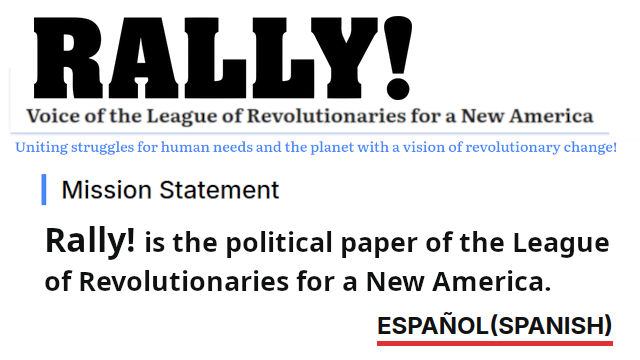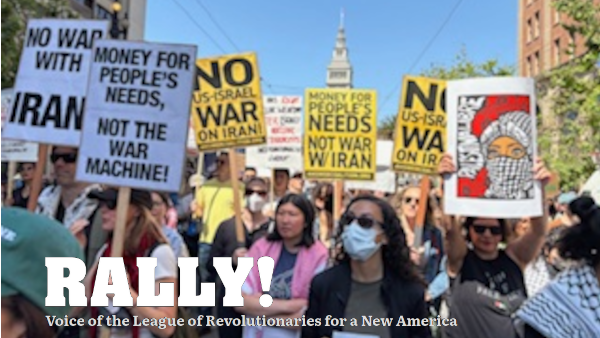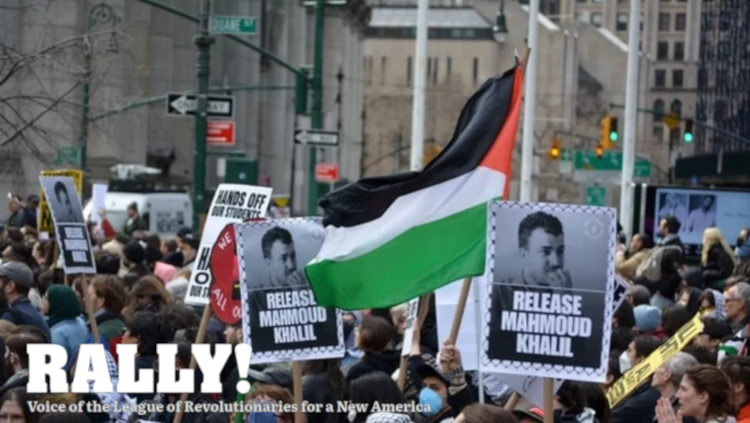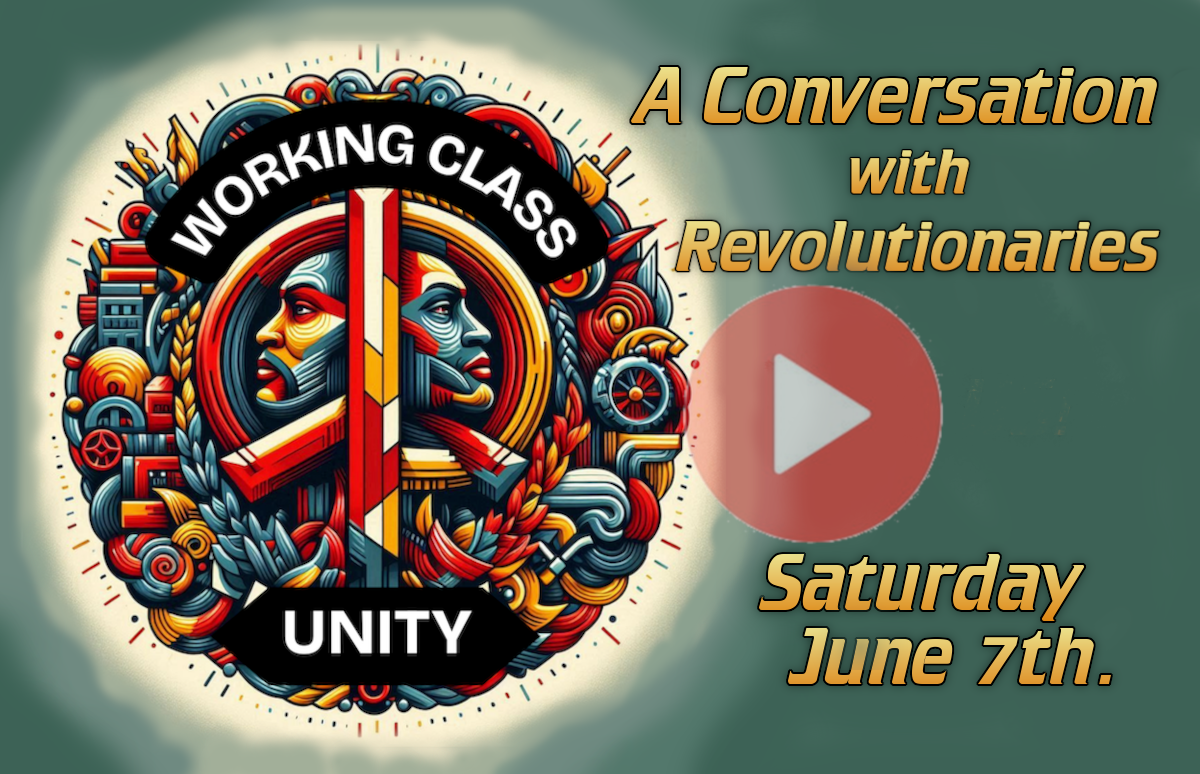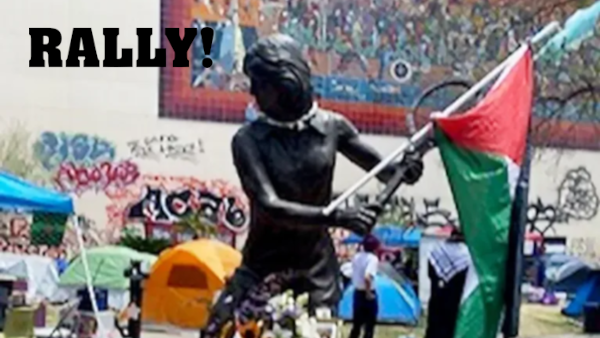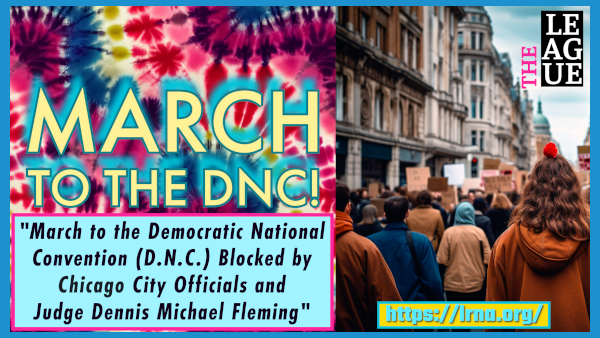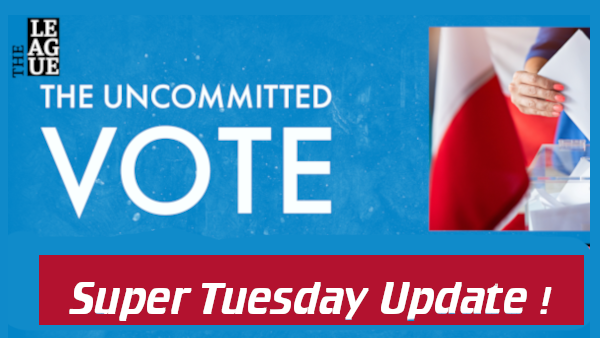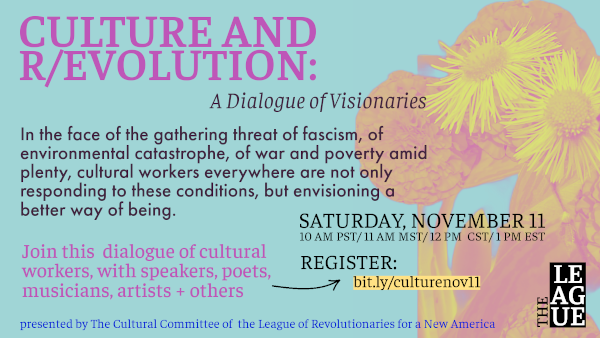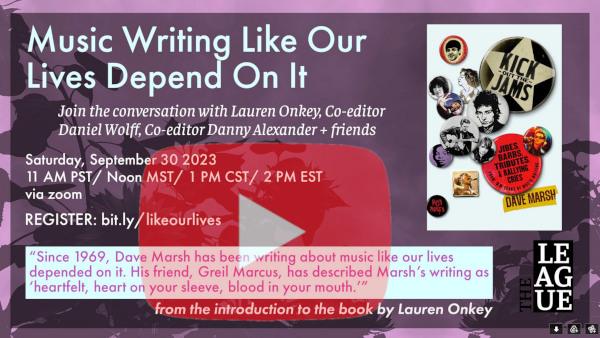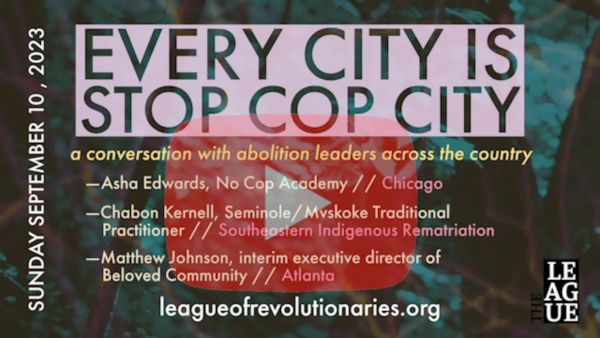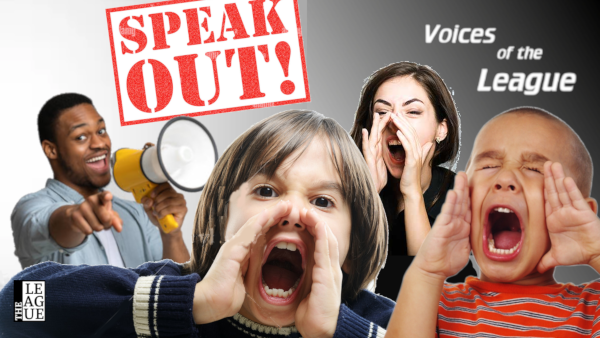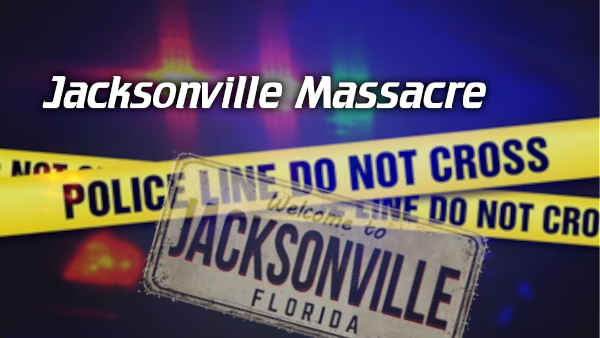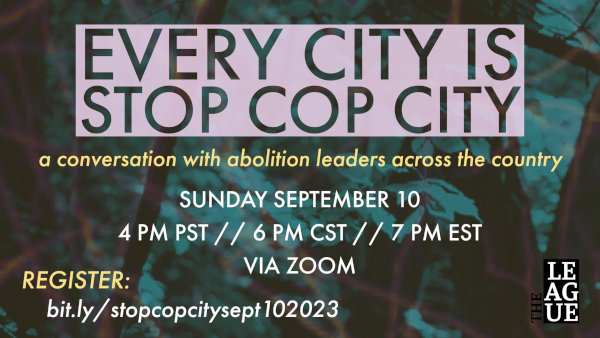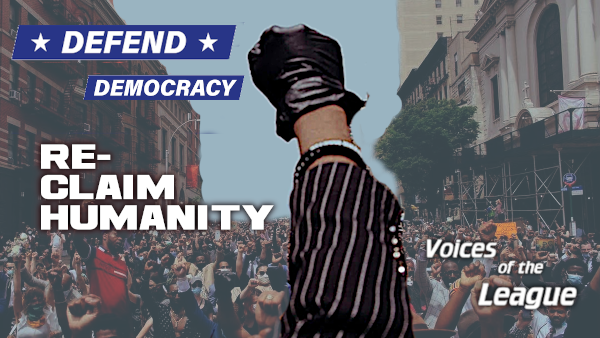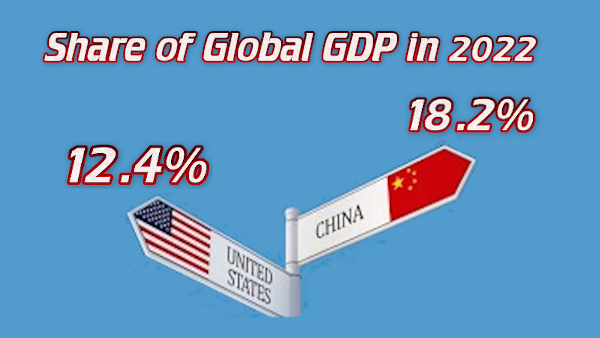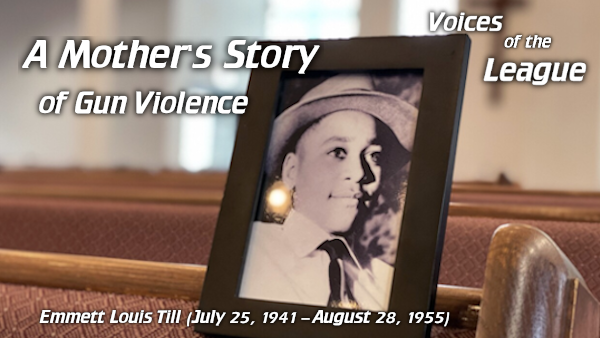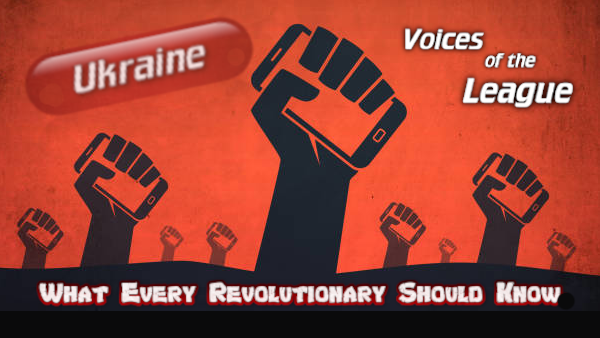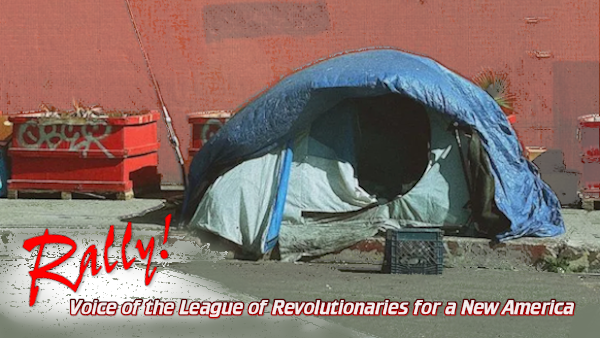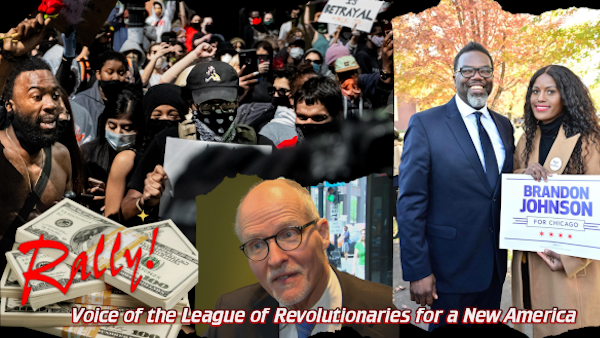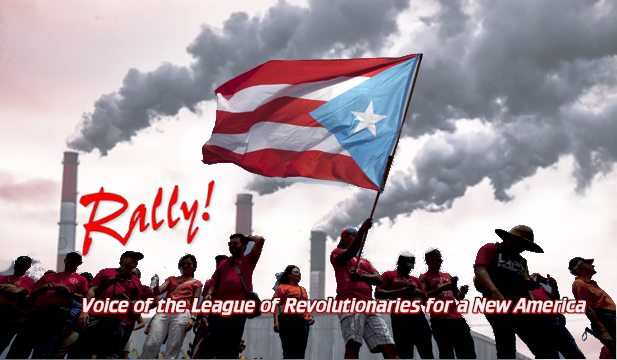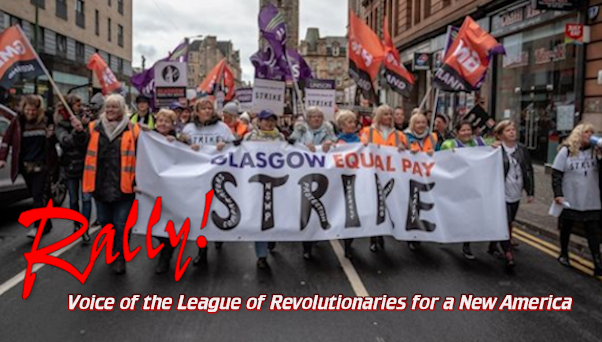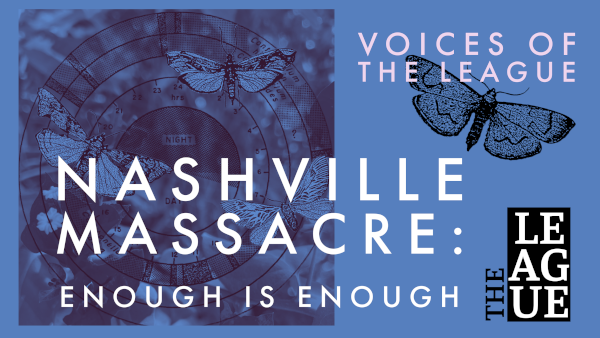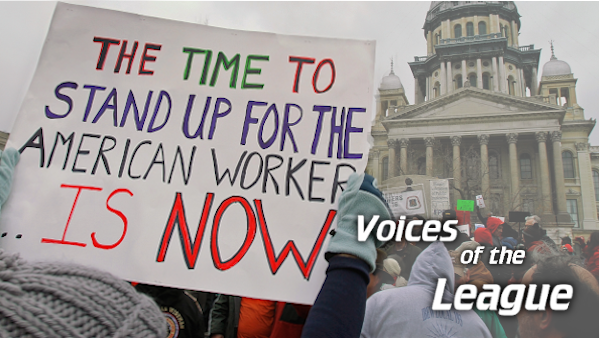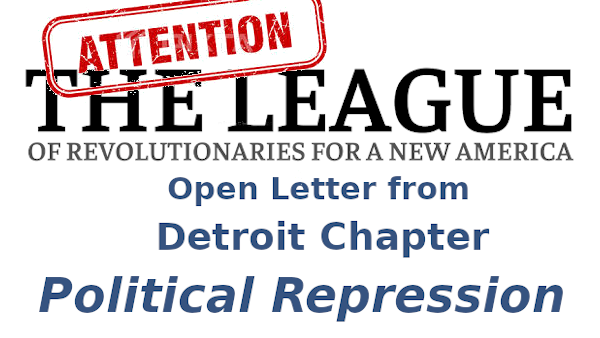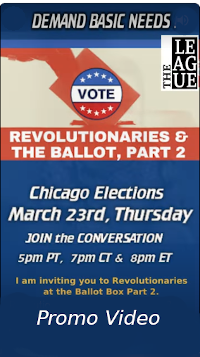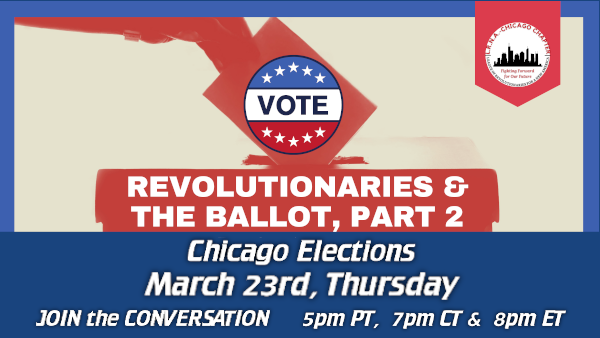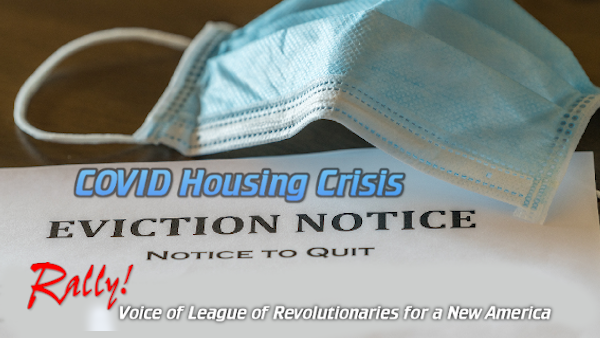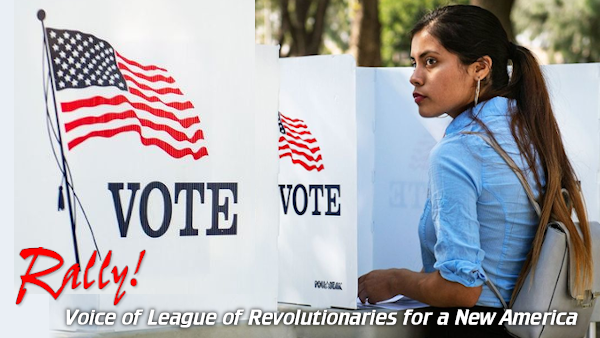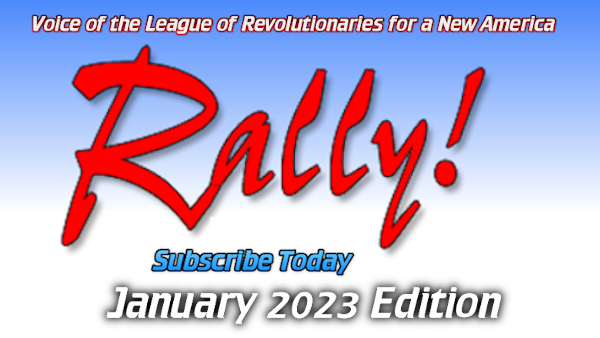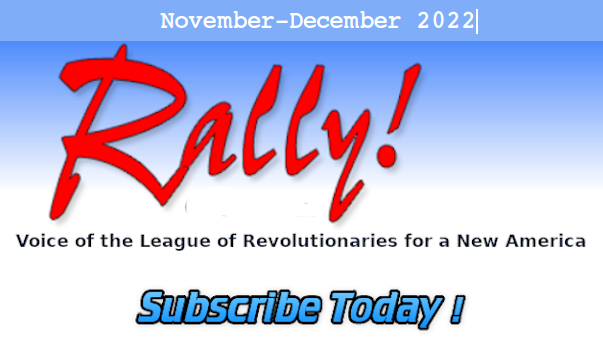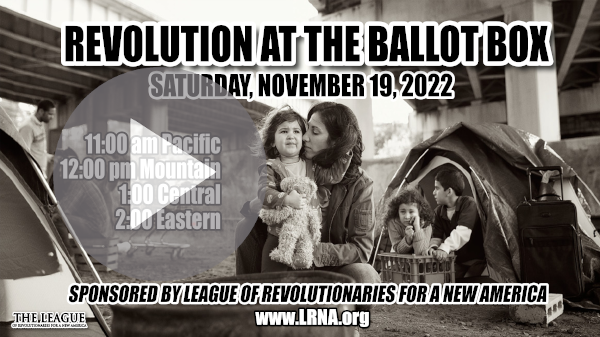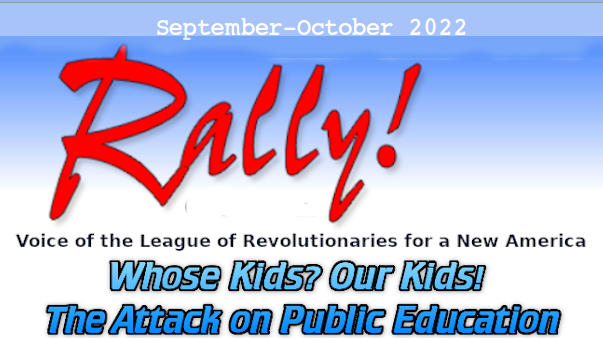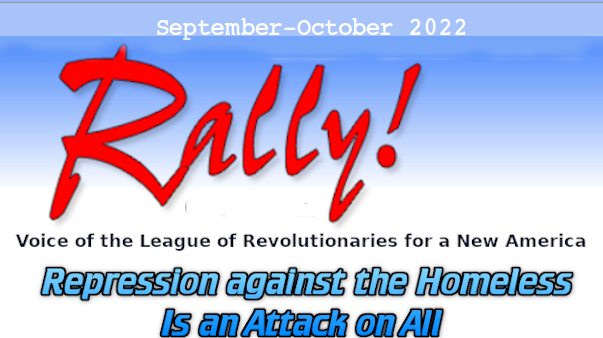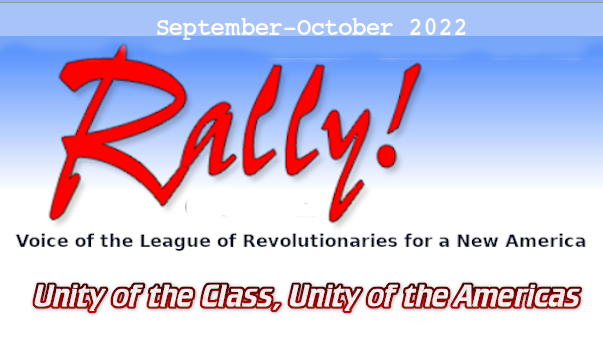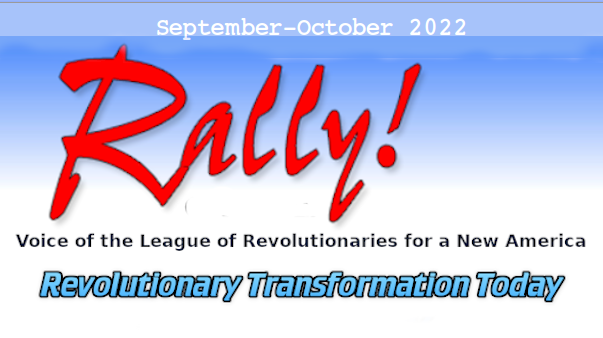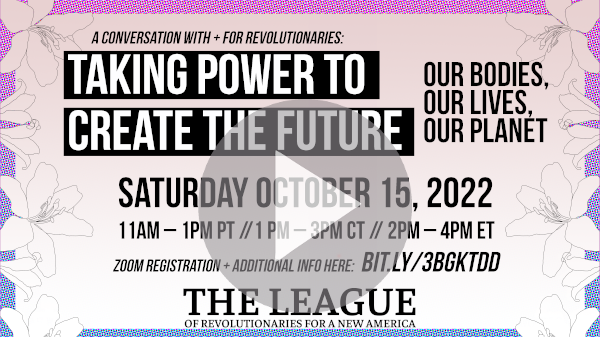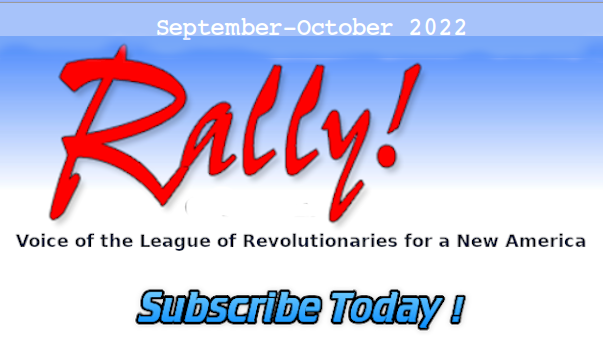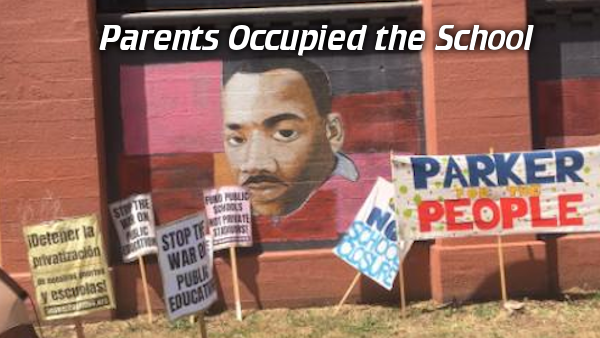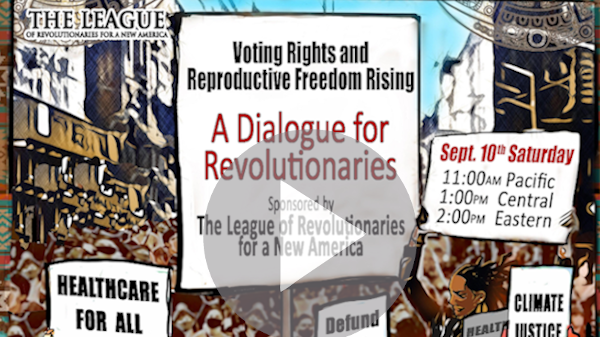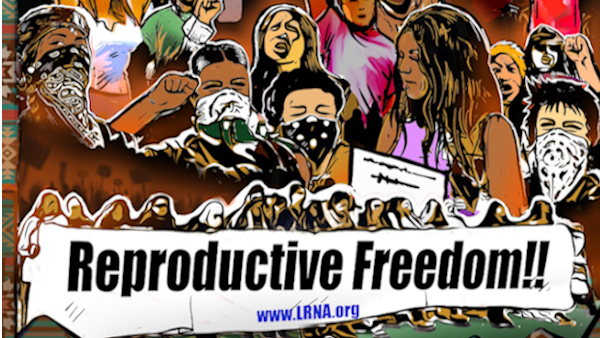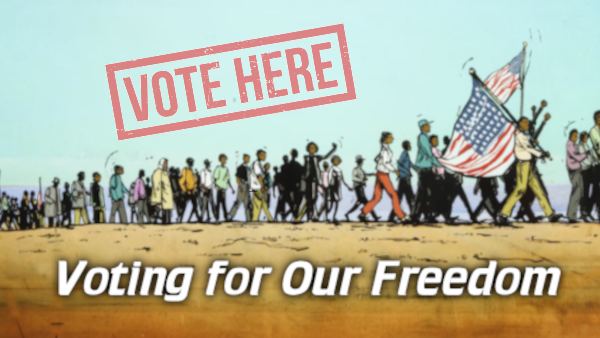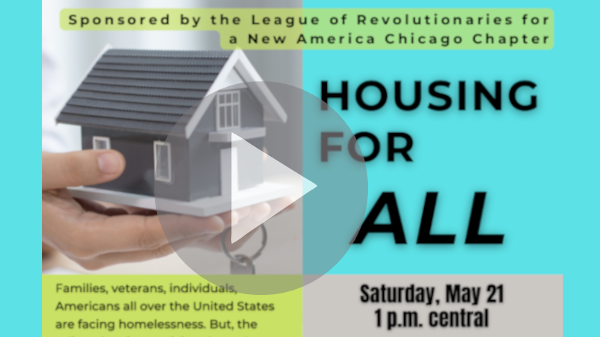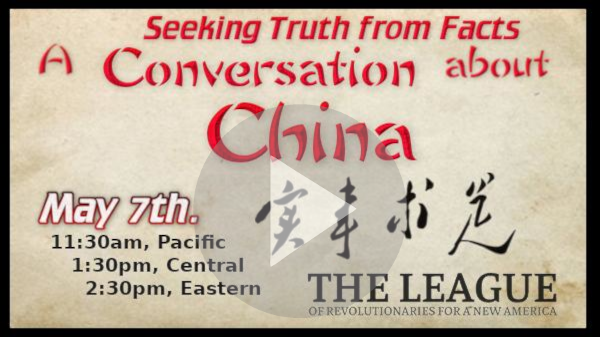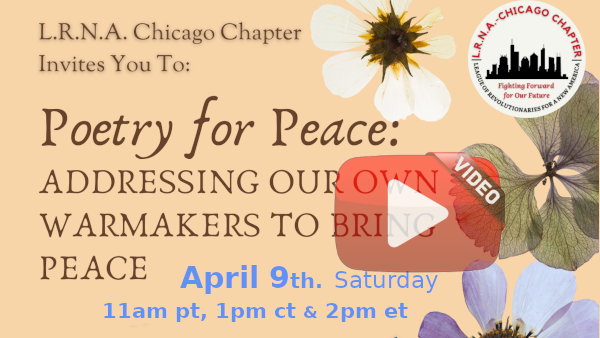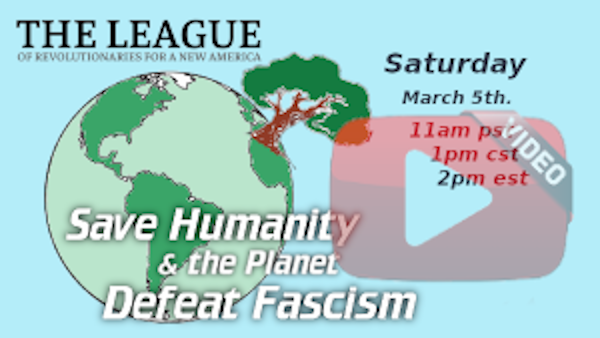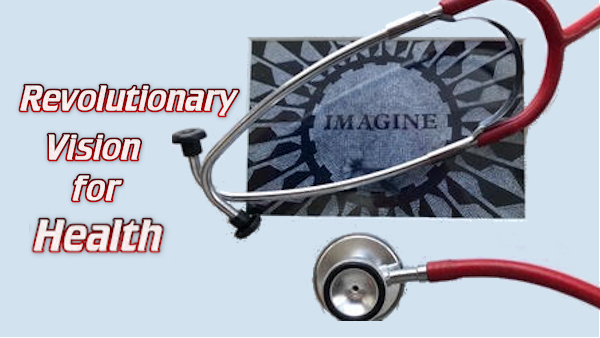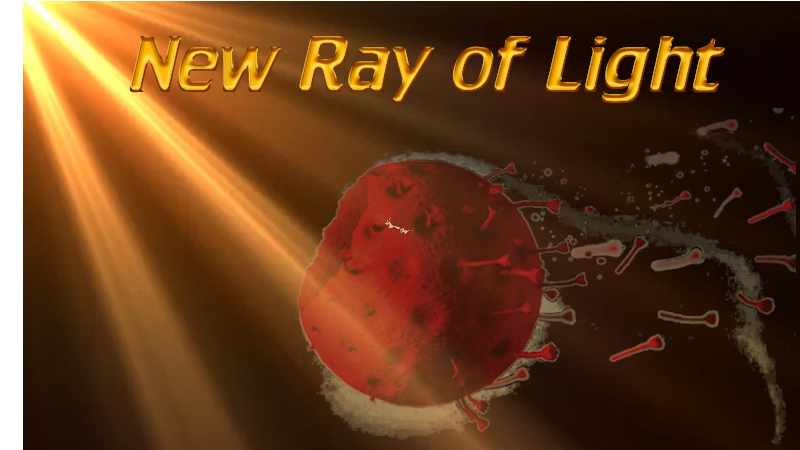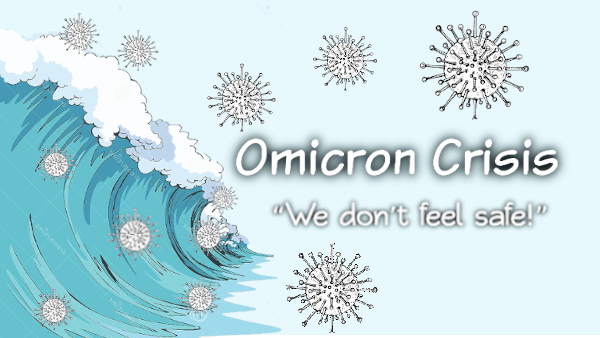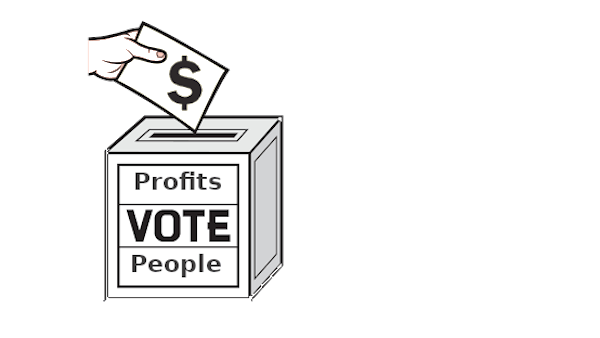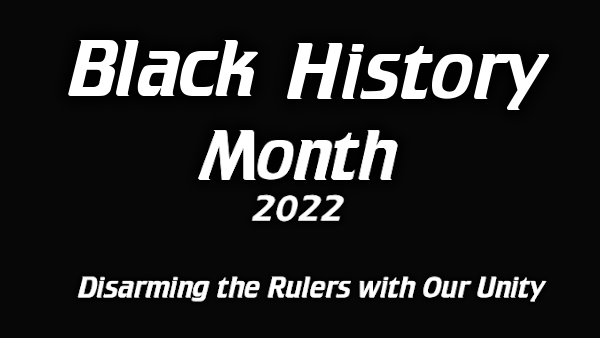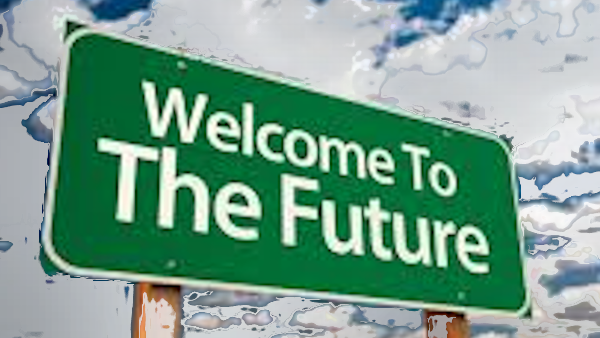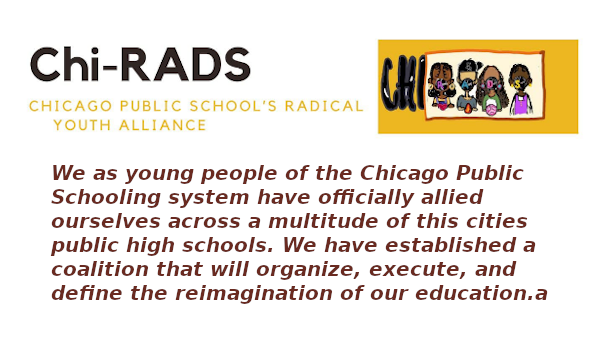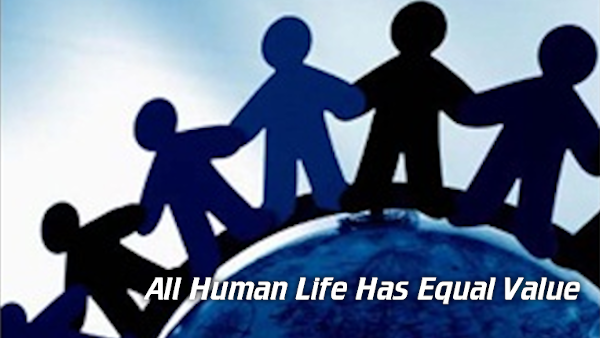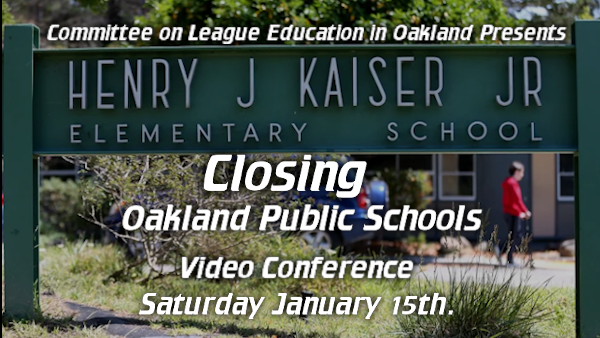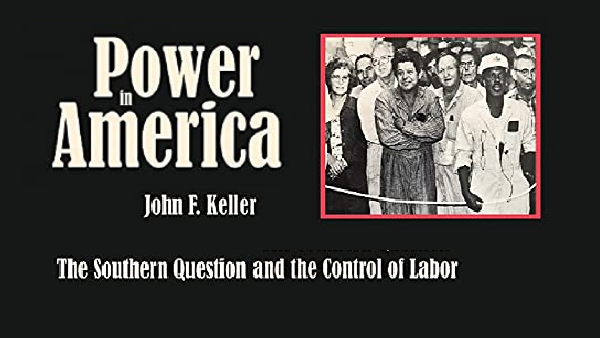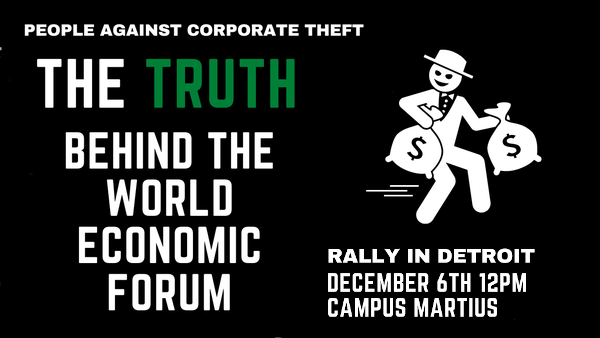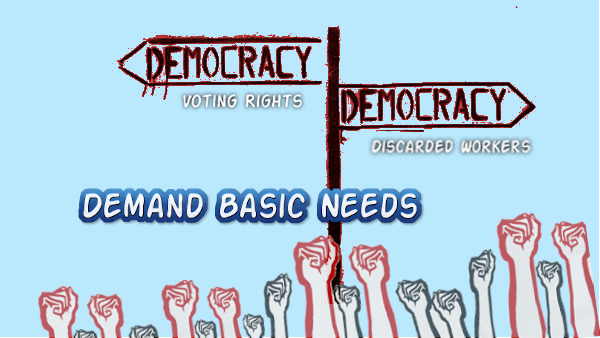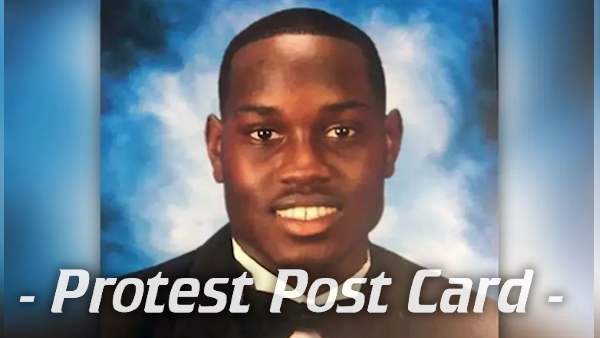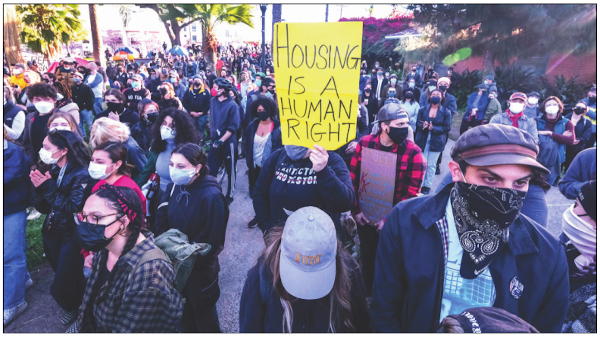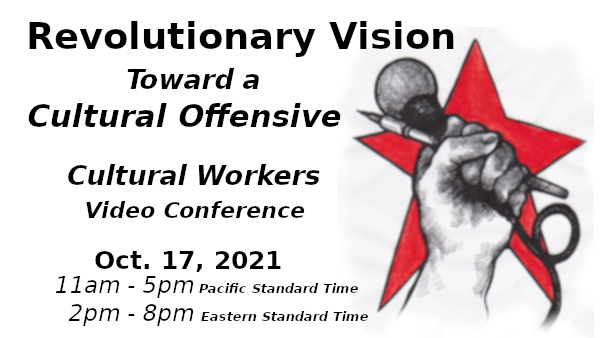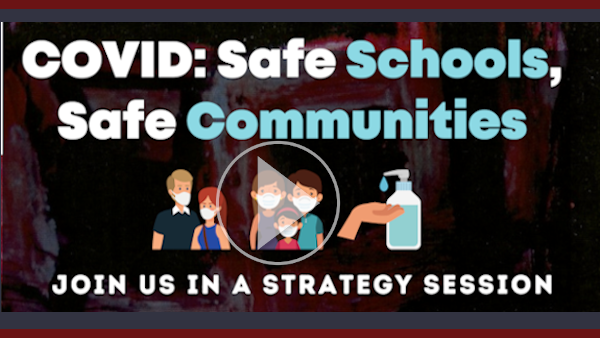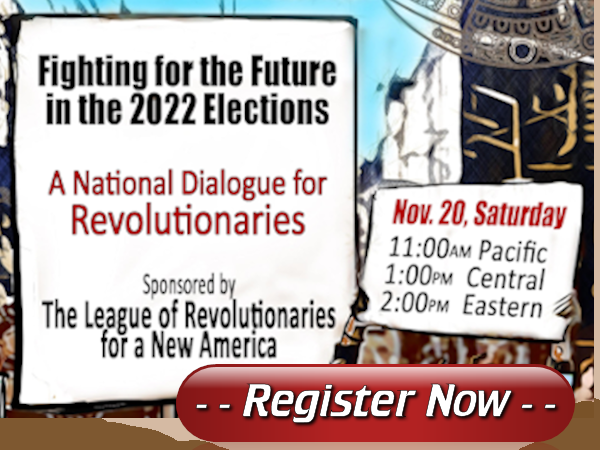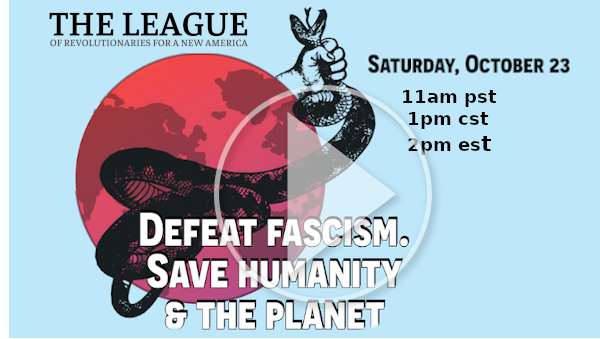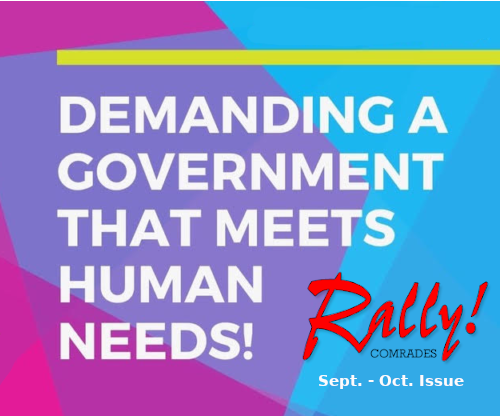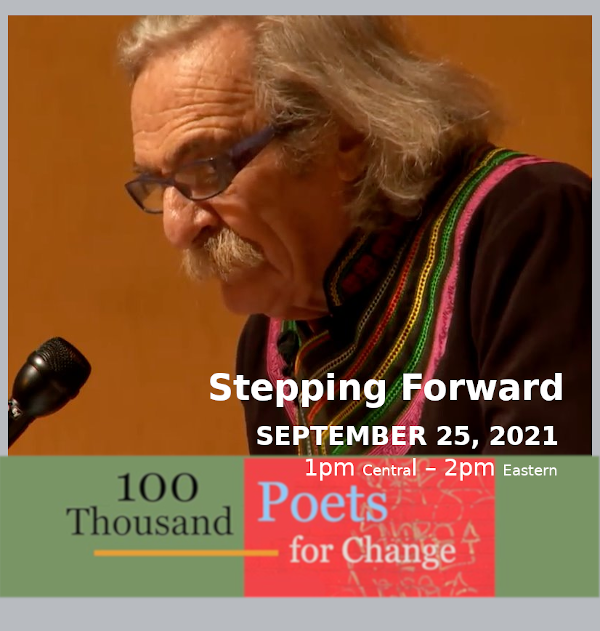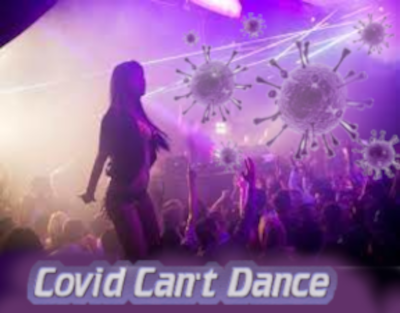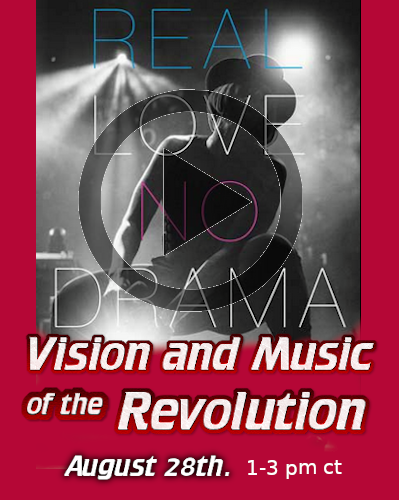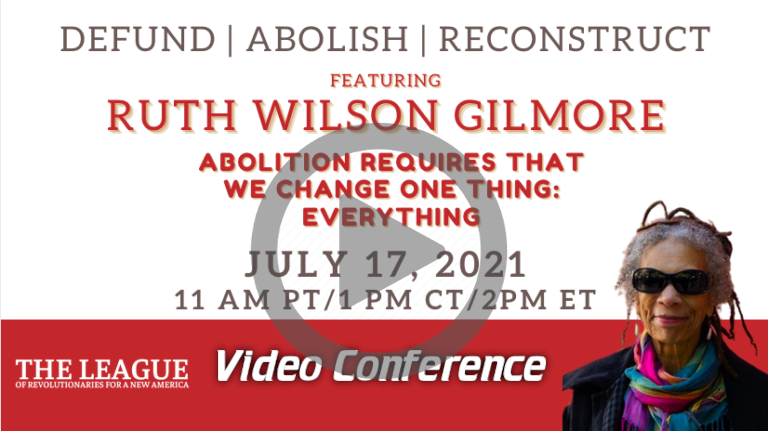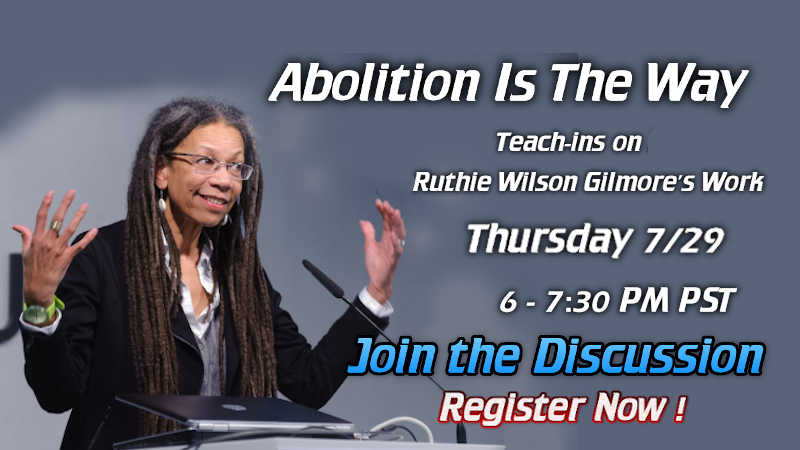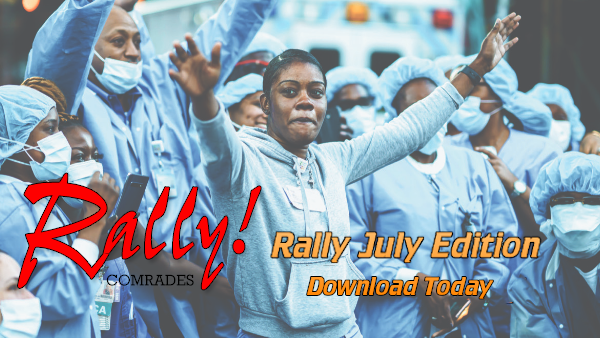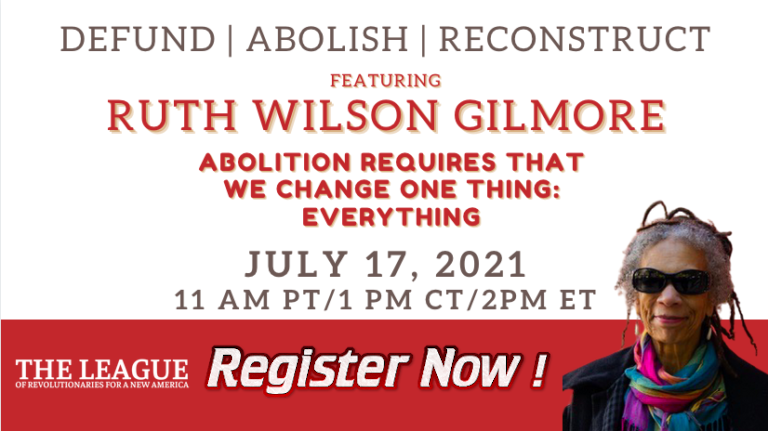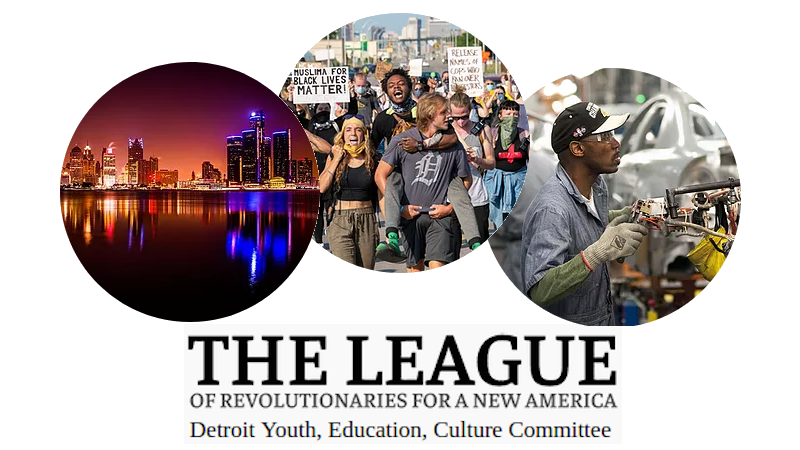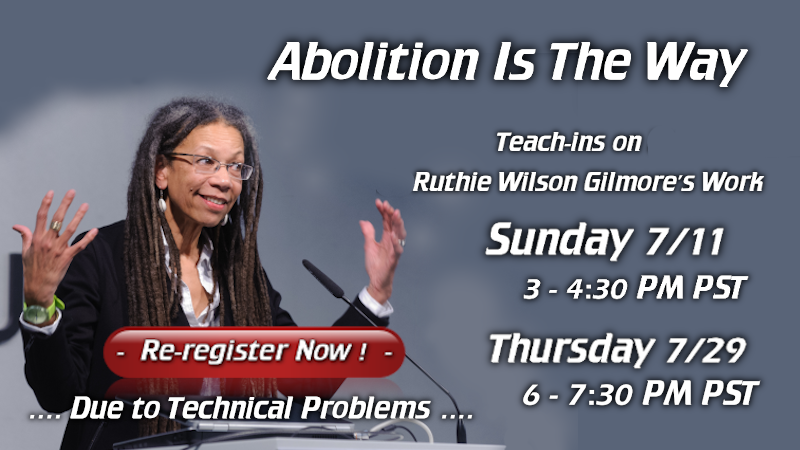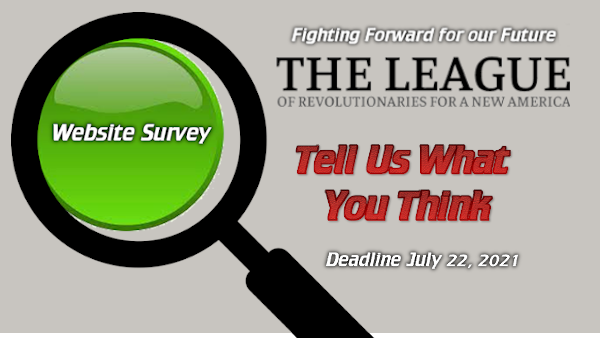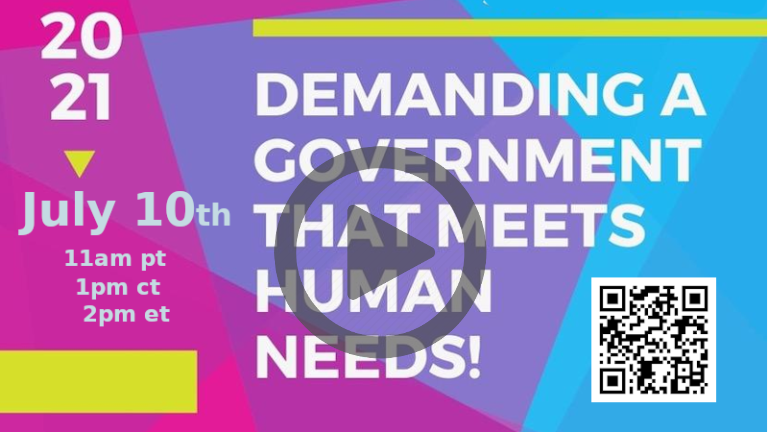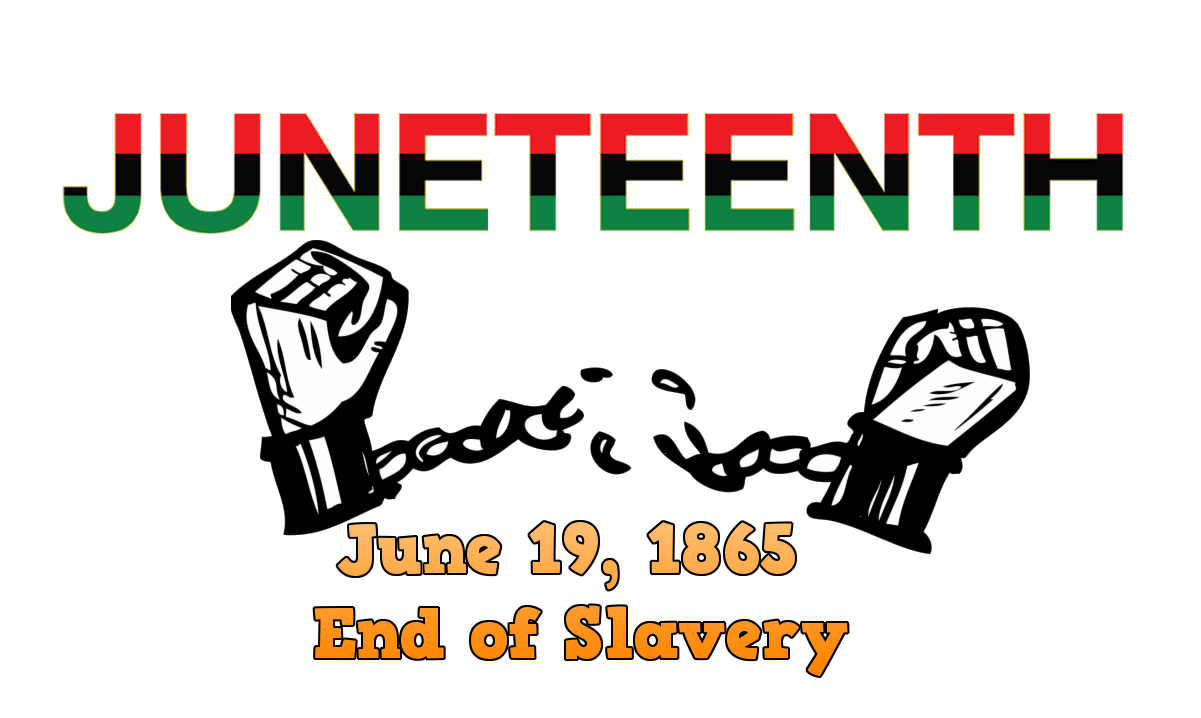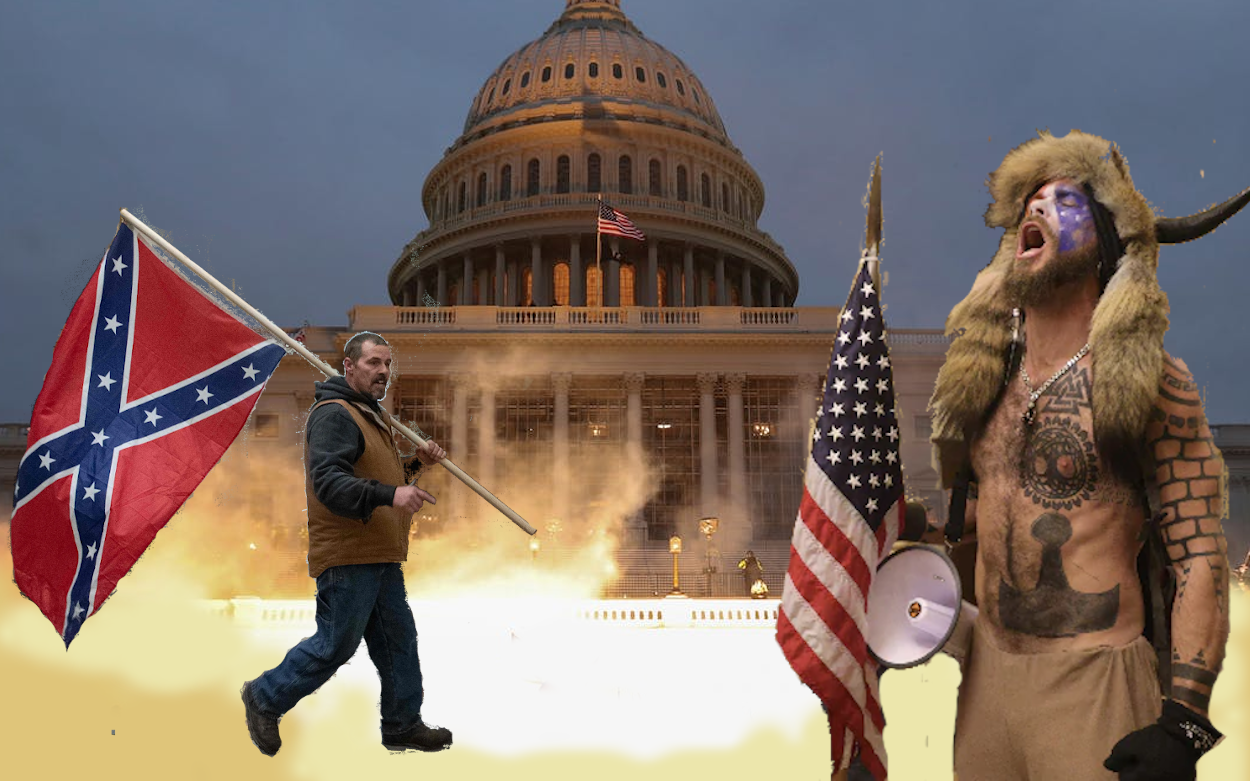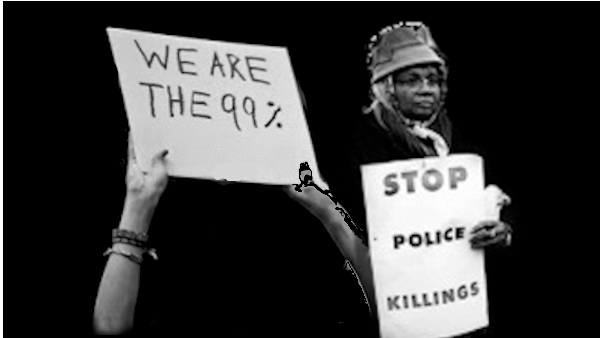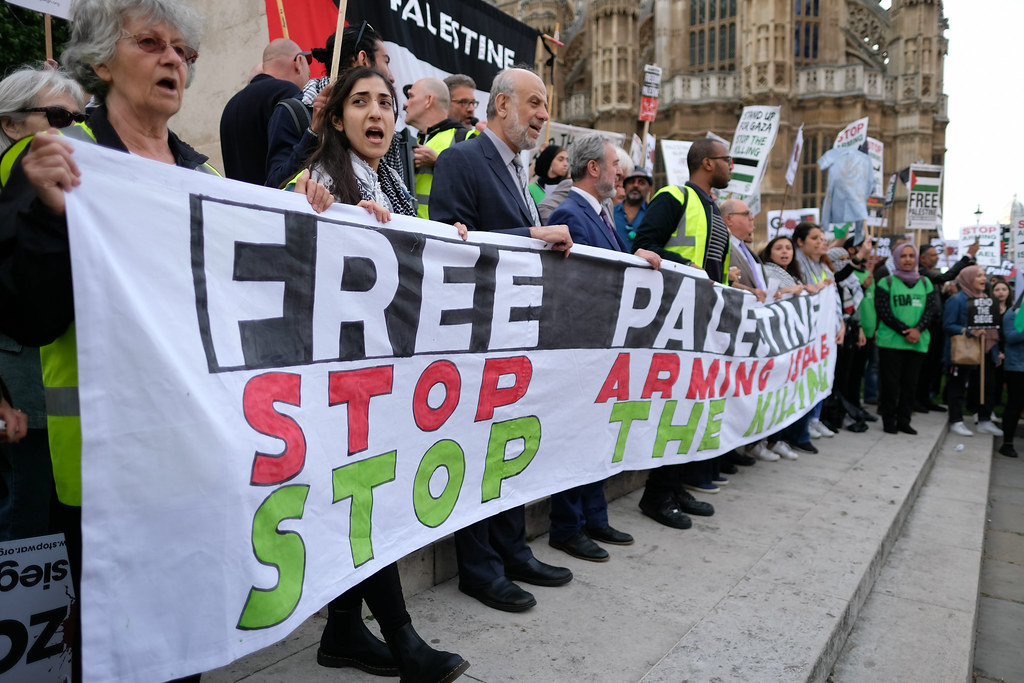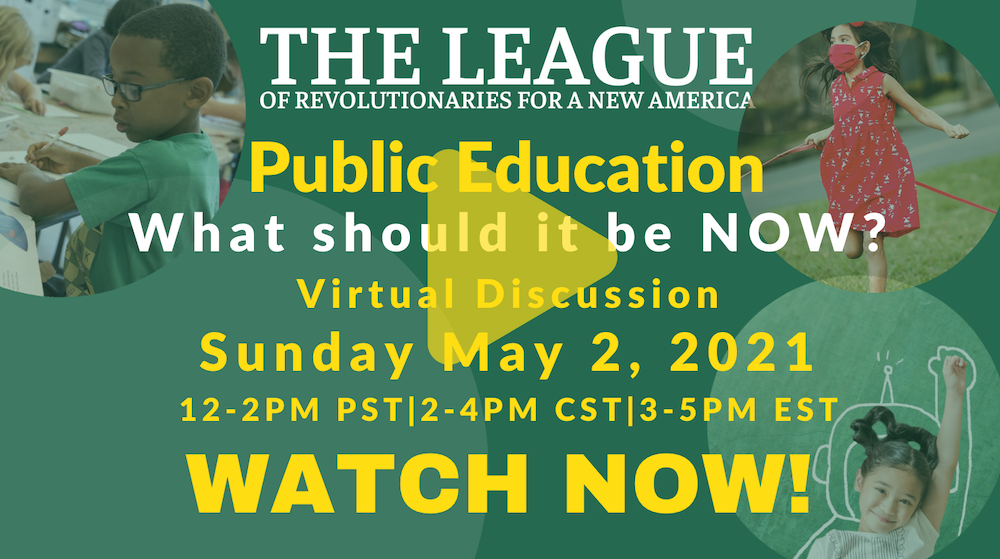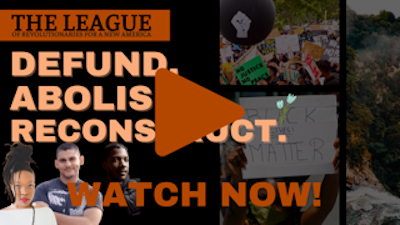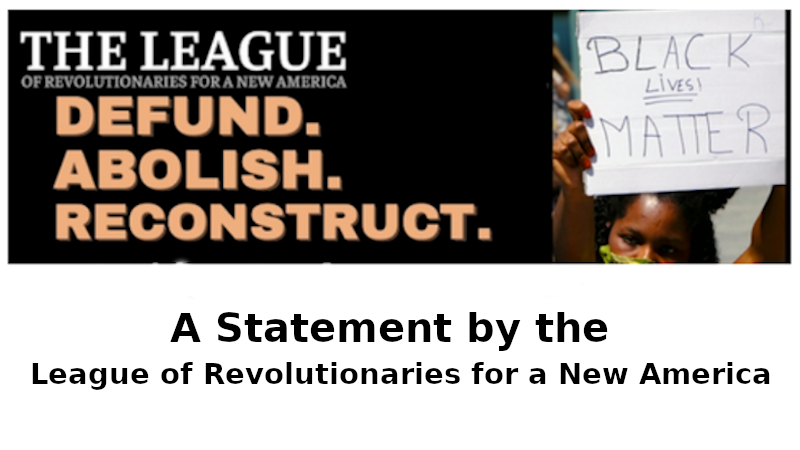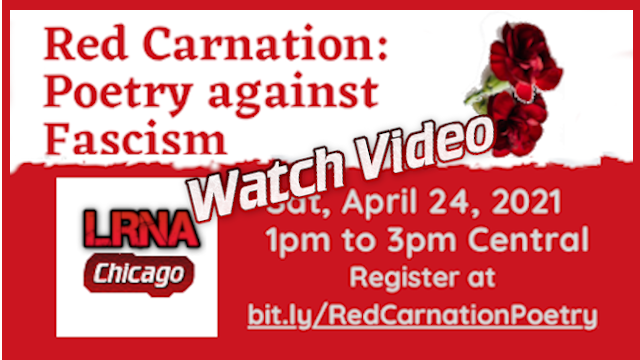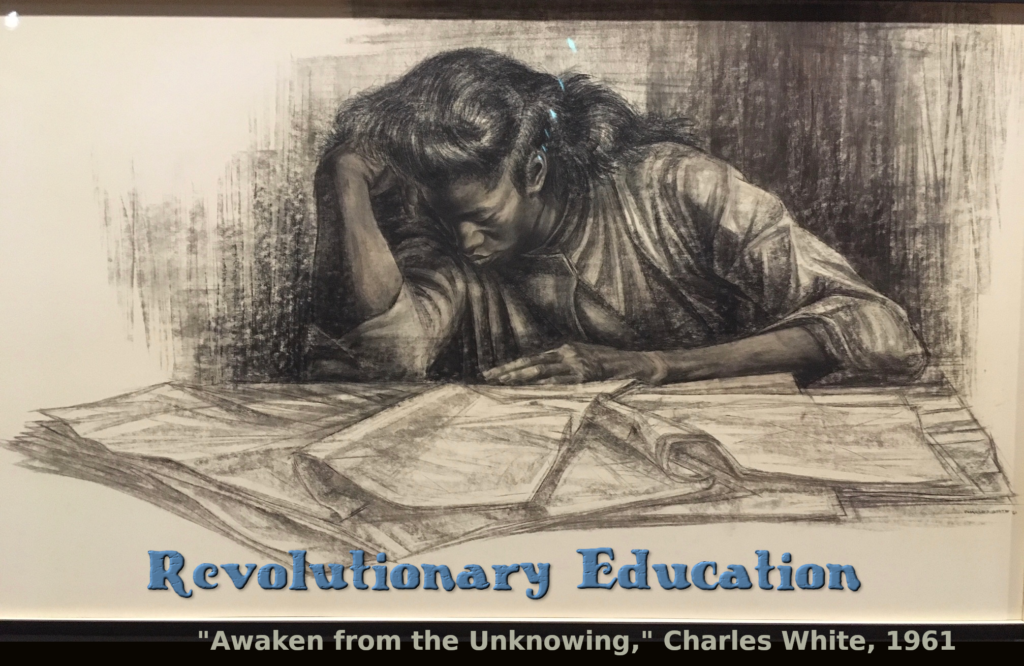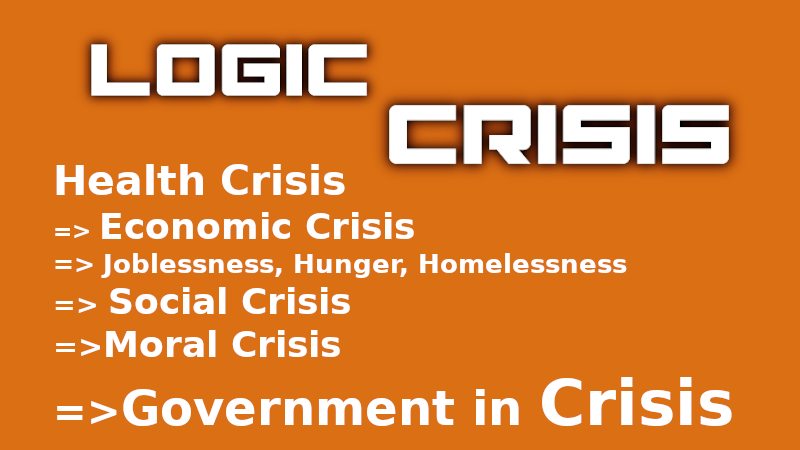Chicago 2023: This Election is Different
Chicago 2023: This Election is Different
Chicago is undergoing an historic election for mayor, city council and the newly formed Police District Councils (PDCs). Nine candidates vied for the mayor’s office on February 28. Former union organizer and teacher Brandon Johnson came in second with 22 percent of the vote. He now faces the billionaire-backed Paul Vallas in an April 4, 2023 runoff. Vallas is also the darling of the FOP (Fraternal Order of the Police).
This year is the 40th anniversary of Harold Washington’s victory as Chicago’s mayor. In 1983, efforts for political organization within the Black community had simmered for years. Chicago was, the home of Emmett Till, lynched in Mississippi in 1955, and where police assassinated Black Panther Fred Hampton in 1969. The Chicago of that period was experiencing a decline from being the manufacturing center of the world. The steel industry still employed 100,000 workers. African-American political leaders saw an opportunity, as the Democratic machine split on the economic fault lines. Elements of that campaign echo this year. Also, many city council elections do not have an incumbent running, opening the path for candidates representing the needs of the people.
What is the context of this election?
Chicago, like elsewhere in the United States, is in crisis. Rising violence and crime in the city overwhelmed the political debate. Paul Vallas almost exclusively has focused on more funding for the police. Another candidate, businessman Willie Wilson, announced his support for giving police license to hunt criminals “like rabbits.” This echoes Harold Washington’s 1983 opponent, Bernard Epton, who asked for people’s votes “Before it’s too late.” Vallas continues those racist tropes by telling voters his opponent will defund police, leaving their communities unsafe.
In contrast, Brandon Johnson has embraced a program of diverting funds to services in the communities that would address a broader concept of public safety. That program has emerged within a decades-long battle for some form of civilian oversight of the police. Organizations like the Chicago Alliance Against Racist and Political Repression spearheaded the fight that culminated in the election in this cycle of PDCs that will nominate the members of a police review board. That grassroots organizing forced the City Council to enact an ordinance that provided reparations for racially motivated police violence, as well as a curriculum in the public schools about torture and the establishment of a center to educate about the torture.
This history and the long-term political activity within changing conditions since 1983 have wrought a change in public consciousness. This is the context of Johnson’s embracing a broad context of public safety.
Today, Chicago is experiencing an economic crisis profoundly different from that in 1983. In the last decade, as new technology ravaged many manufacturing and service industries, homelessness has exploded across the city. In the 2021-2022 school year there were 17,773 students identified as homeless in Chicago Public Schools. This was a massive increase over the previous school year’s number of 10,836 homeless students. Cutting off Supplemental Nutrition Assistance Program (SNAP) benefits has catapulted tens of thousands deeper into poverty. Despite efforts of public-school teachers, Chicago has continued to destroy the educational infrastructure. Chicago lost about 25 percent of its Black population in the decade since 2010, a period in which the majority Black wards were gutted by the closing of more than 50 public schools. The COVID pandemic and the lack of a public health system exacerbated all of these issues. Paul Vallas, with a long history of ravaging public education in Chicago, Philadelphia, New Orleans and Bridgeport (CT), offers the poison pill of vouchers, charter schools and privatization. In short, Vallas has no solution for basic needs issues. His track record shows he will make conditions worse for Chicagoans.
The vast number of city residents who are one paycheck away from living in the streets, as well as those already there, are striving to express themselves as a social force in this election. They are veterans of the ruling class’s war on the poor, and they are making demands that the state cannot answer, except with force. Their distrust of the police is palpable. The movement has grown more intense. As if to clarify the rulers’ intentions, one mile north of where Brandon Johnson lives on Chicago’s devastated West Side looms a new police training academy, preparing for urban unrest.
Johnson was a teacher in the Chicago Public Schools. He also was a Chicago Teachers Union (CTU) organizer and he was elected to the Cook County Board of Commissioners in 2018. The American Federation of Teachers, the Illinois Federation of Teachers and the CTU are his main funders. On the other hand, Vallas has only held appointed government positions in which he has dedicated himself to undercut the basic needs of the people. Of course, billionaires like Ken Griffin have donated heavily to his campaign and a super PAC has recently formed to funnel more money to get him elected.
Beyond the mayoral election
The election for Chicago’s first PDCs has opened up a battle between defenders of the workers’ rights and the Fraternal Order of the Police (FOP), which represents Chicago police officers. Frank Chapman, speaking for the organizations of progressives united in the Empowering Communities for Public Safety coalition (ECPS), declared that two thirds of the seats on the 22 district councils were won by ECPS-backed candidates.
The Chicago Tribune reported that entities such as the Get Things Done PAC have contributed more than $1 million to stop progressives running for City Council. Nevertheless, the great strides made in 2019 were retained on Feb. 28. All the incumbent progressives, including those identifying as Democratic Socialists, won re-election. That group, committed to at least elements of a working-class program, has grown larger. The strength of the movement for basic needs could increase the voter participation in the runoffs well beyond that of February 28.
Those elected to City Council will face a challenge as they assume office and attempt to answer the demands of their constituents: They cannot solve local problems like the housing crisis, because the problems are not ward-limited, nor are they even city problems. They are systemic issues brought on by capitalism which cannot meet the needs of the people.
Seeking a political representative
Voter turnout was 87 percent in 1983 when Harold Washington was elected and it was 70 percent in 1987 when he was re-elected. After Washington’s death in 1987 came more than three decades of machine mayors who savaged working-class communities. On February 28, less than 35 percent of registered voters cast ballots. Now a runoff on April 4 pits two candidates with opposing views of what is possible for the working class. Again, what the working class in the Black majority wards do will determine the outcome of the election. Brandon Johnson won none of those wards in February. Vallas is becoming increasingly desperate as the polling gap between the candidates narrows. A movement is emerging among those workers who have nothing to lose, giving their conditional support to Johnson.
That movement has been making demands. For example, the CTU made additional funds for homeless students a bargaining point in their last contract fight. The Chicago Coalition for the Homeless has demanded the city enact a real estate transfer tax on property sales over $1 million. Activists are clamoring for “Treatment, Not Trauma.”
Years of fighting against school closings and against opening of charter schools have developed a battle-tested union movement. The Cook County College Teachers Union, in their last contract negotiation, demanded “Community Colleges for the Common Good” to offer wraparound services to incoming high school students. The city refused, but agreed to do a community assessment of needs instead.
The organizations of this dispossessed class are learning who are their friends and who are their enemies. The ruling class is maneuvering to be able to control whoever wins. This maneuvering is not between Republicans and Democrats. Municipal elections in Chicago are non-partisan. Nearly 100 percent of municipal officeholders are Democrats. The Democratic Party wants to suppress the kind of potential independent motion that emerged around Harold Washington’s candidacy.
Harold Washington was fond of saying in 1983, “It’s not the man, it’s the plan.” In 1987, as he campaigned for re-election as mayor, an elderly woman in a housing development hugged him affectionately and said to him: “We love you, but you better do right.” The most important question facing the Chicago working class in the election is how to harness sufficient momentum to defeat Vallas and to continue a united movement to hold a Brandon Johnson administration to the plan of meeting the workers’ basic needs and to do right. This time, shattering the Democratic Party will be deeper: Capitalism has nowhere to turn to resolve the problems. This time, the election of Brandon Johnson can galvanize a united movement to fight for a program that can take workers one step closer to a society where all can thrive.
Published on March 28, 2023
This article originated in Rally, Comrades
P.O. Box 477113 Chicago, IL 60647 rally@lrna.org
Free to reproduce unless otherwise marked.
Please include this message with any reproduction.

